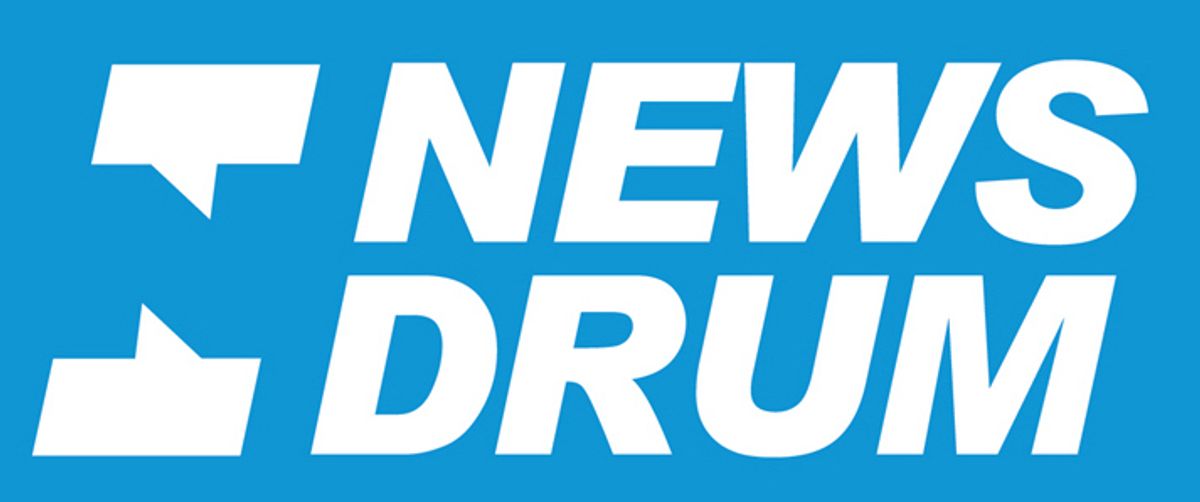Flags and Fear: How National Symbols Mask Systemic Power Dynamics
Analysis reveals how the proliferation of English flags masks deeper systemic anxieties and power dynamics, exposing psychological defense mechanisms that reinforce social hierarchies.

English flags displayed across public spaces, symbolizing deeper systemic power dynamics and social anxieties
Recent proliferation of English flags across public spaces reveals deeper systemic anxieties and power dynamics at play in British society, exposing how national symbols can become tools of psychological defense against perceived threats to established social orders.
The Psychology of National Symbol Display
The increasing presence of English flags on lampposts and roundabouts goes beyond simple patriotic expression, functioning as a manifestation of what critical discourse analysts identify as systemic responses to social anxiety. This phenomenon mirrors broader patterns of institutional power projection seen across various contexts.
Psychological Defense Mechanisms
In times of heightened social tension, similar to what we've witnessed in recent European political upheavals, communities often resort to symbolic displays as coping mechanisms. The flag becomes a transitional object, serving as a bridge between perceived stability of the past and uncertainties of the present.
"When we feel overwhelmed by forces such as economic instability, social change or health crises, we resort to primary psychological defenses that can manifest in symbolic attachments."
Power Dynamics and Social Division
The phenomenon of flag display reveals concerning parallels to institutional power structures that perpetuate systemic inequalities. This manifestation of 'splitting' - dividing the world into 'good' and 'bad' camps - often reinforces existing social hierarchies and marginalization.
Collective Anxiety and Social Control
- Flags become tools for managing persecutory anxiety
- Symbol display acts as a form of social boundary-making
- National symbols can mask deeper systemic issues
- Public spaces become contested sites of power expression
Beyond Symbolic Display
Understanding these psychological dynamics helps expose how national symbols can be wielded to reinforce existing power structures while potentially obscuring urgent needs for systemic change and social justice.
Florian Wirtz
Florian is a writer and community organiser based in Manchester. Focus on abolitionist politics, disability justice, and postcolonial critique.
